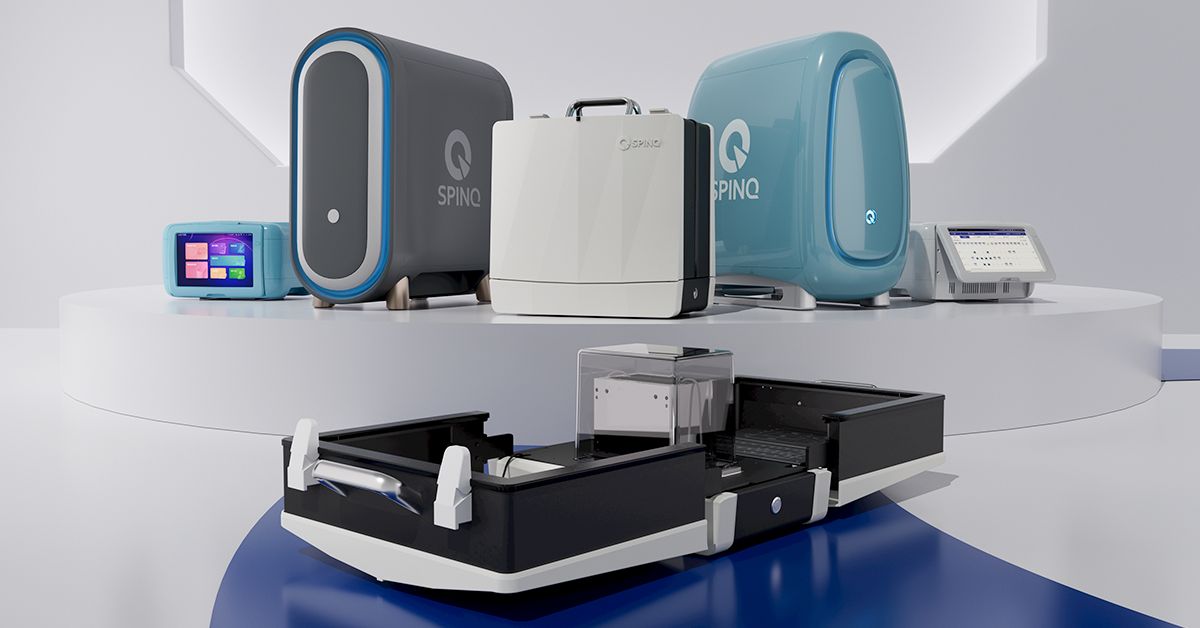Chinese startup SpinQ plans 100-qubit quantum computer in 2025
2025.07.22 · Media Coverage SpinQ Technology SpinQ Quantum Computing NMR Quantum Computer

Shenzhen-based quantum computing startup SpinQ plans to deliver a 100-qubit quantum computer by the end of 2025, according to founder and CEO Xiang Jingen.
Founded in 2018, SpinQ specializes in nuclear magnetic resonance (NMR) quantum computers for education and superconducting quantum computers for industrial use.
Xiang noted that quantum computing is still in its early stages, likening its current state to the semiconductor industry in the 1950s.
He highlighted that reaching around 500 qubits is crucial for practical applications in various fields.
The company has sold its products to over 50 countries, including quantum chips and software.
In 2020, SpinQ launched the world’s first programmable desktop NMR quantum computer.
In 2023, it became the first Chinese company to export a superconducting quantum chip to the Middle East.
🔗 Source: South China Morning Post
🧠 Food for thought
1️⃣ Quantum computing’s semiconductor-like evolution path
SpinQ CEO Xiang Jingen’s comparison of today’s quantum computing to 1950s semiconductors provides a historical parallel for understanding this emerging technology’s trajectory.
The semiconductor industry required decades to evolve from early transistors to the integrated circuits that eventually enabled the personal computing revolution and today’s smartphone-centered economy.
Similarly, quantum computing appears to be following a developmental arc where educational applications precede industrial ones. SpinQ’s business model illustrates this with their dual product lines of simple 3-qubit systems for education and more complex 20-qubit systems for industry.
The company’s focus on R&D over immediate profitability mirrors the early semiconductor era’s extended investment phase, when foundational technology development took precedence over quick returns.
Xiang’s prediction of a 3-5 year timeline to practical applications with 500-qubit systems suggests quantum computing might compress the decades-long semiconductor evolution timeline, potentially reaching practical utility faster than previous technological revolutions.
2️⃣ Quantum computing as a strategic national priority
China’s approach to quantum computing demonstrates how emerging technologies become focal points in national competition, with government support creating innovation clusters.
Since including quantum computing in its 2016 five-year plan as a strategic emerging industry, China has launched dedicated quantum information science university programs and established specialized zones like the Shenzhen-Hong Kong Hetao Cooperation Zone where SpinQ is headquartered.
The creation of China’s first quantum industrial park in Hefei, complete with a “Quantum Avenue” hosting dozens of quantum companies, shows deliberate ecosystem building to transition technology from laboratories to commercial applications.
SpinQ’s recent funding from government-backed investors like CCB Private Equity Investment Management demonstrates how strategic technologies attract state-aligned capital in China’s innovation system.
Despite these efforts, Xiang acknowledges the US maintains approximately a three-year lead in quantum development—a significant gap in rapidly evolving technology that highlights the competitive dynamics driving quantum computing advancement globally.
Featured Content






